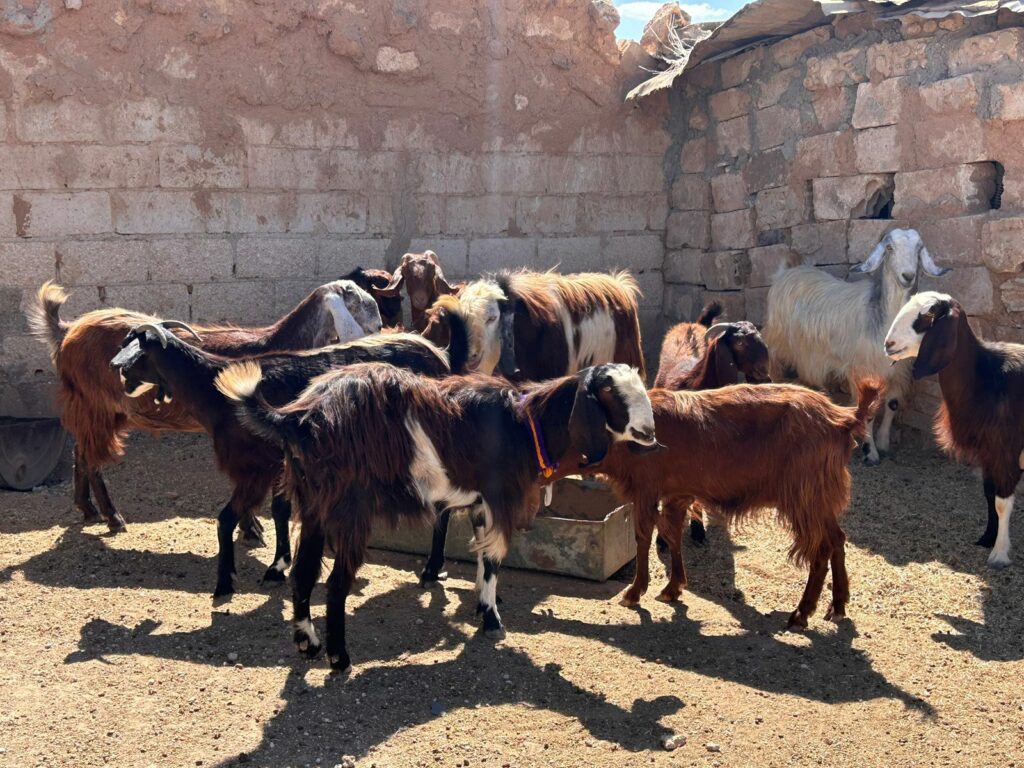Empowering Communities Through Economic Development: Refuge Cities Network’s Goats Program
Economic development is at the heart of sustainable growth and prosperity, especially in communities that face significant challenges due to poverty, displacement, or lack of resources. Refuge Cities Network (RCN), a leader in compassion and development work, has long recognized the importance of empowering individuals and families to generate income, build businesses, and secure their futures. One of the most successful initiatives under RCN’s economic development strategies is the Goats Program, which has transformed the lives of numerous disadvantaged families by providing them with a means to build thriving cattle and dairy businesses.
The Vision Behind Economic Development at RCN
At Refuge Cities Network, the approach to economic development is rooted in the belief that sustainable growth comes from within communities. Rather than relying solely on external aid or short-term relief efforts, RCN focuses on empowering people to become self-sufficient. This is achieved by equipping them with the tools, knowledge, and resources they need to create and manage income-generating projects. The goal is to foster resilience, independence, and long-term stability, which in turn contributes to the overall well-being and development of entire communities.
RCN’s economic development strategies are designed to be holistic and community-driven. They are tailored to the specific needs, strengths, and opportunities within each community. By engaging with local leaders, understanding the cultural and economic contexts, and identifying areas of potential growth, RCN develops initiatives that are both effective and sustainable.
The Goats Program: A Model for Success
One of the standout examples of RCN’s innovative approach to economic development is the Goats Program. This initiative was born out of the recognition that many disadvantaged families in the communities served by RCN had the potential to benefit from livestock farming but lacked the initial resources to get started. Livestock, particularly goats, are a valuable asset in these regions due to their versatility, relatively low maintenance, and the wide range of products they can provide, including milk, cheese, meat, and more.
The Goats Program operates on a simple yet impactful model. RCN provides families with a loan of a male and a female goat for a set period, usually a few months. During this time, the families are responsible for caring for the goats, ensuring their health, and utilizing them for breeding and dairy production. The aim is to give these families the opportunity to establish a small-scale livestock business with minimal initial investment.
This program is more than just a loan of animals; it is a comprehensive support system. RCN provides training on goat care, breeding practices, and dairy production. The organization also offers guidance on how to manage a small business, including financial planning, marketing, and sales. This ensures that participants not only receive the goats but also the knowledge and skills needed to make the most of this opportunity.
From Goats to Thriving Businesses
The success stories that have emerged from the Goats Program are a testament to the power of this initiative. Many families who initially received a pair of goats have gone on to develop thriving cattle businesses and dairy production operations. For some, what started as a small-scale project has grown into a substantial source of income, enabling them to improve their living conditions, provide better education for their children, and contribute to their communities’ economic development.
For instance, one family in a rural village initially received a pair of goats through the program. With dedication and the support provided by RCN, they were able to breed their goats and gradually expand their herd. Over time, they began producing dairy products, which they sold in local markets. The income generated allowed them to invest in more goats, further expanding their business. Today, this family not only runs a successful cattle and dairy business but also employs several other members of the community, contributing to the local economy and creating a ripple effect of economic growth.
The Broader Impact of the Goats Program
The impact of the Goats Program extends beyond the individual families who participate. By helping these families establish sustainable businesses, RCN is contributing to the overall economic development of entire communities. These businesses create jobs, stimulate local markets, and increase the availability of locally produced goods. This, in turn, reduces dependence on external aid and fosters a sense of pride and accomplishment within the community.
Furthermore, the program promotes a culture of giving back. Many participants, once they have established their businesses, choose to “pay it forward” by donating goats to other families in need or by mentoring new participants in the program. This creates a cycle of empowerment and community support, further strengthening the social and economic fabric of the areas served by RCN.
Conclusion: A Sustainable Path Forward
The Goats Program is just one example of Refuge Cities Network’s commitment to sustainable economic development. By focusing on initiatives that empower individuals and families to take control of their economic futures, RCN is helping to create lasting change in some of the world’s most vulnerable communities. The success of this program demonstrates that with the right support and resources, even the most disadvantaged individuals can build successful businesses, achieve financial independence, and contribute to the broader economic development of their communities. As RCN continues to expand its economic development efforts, the Goats Program stands as a model for how compassionate, community-driven initiatives can create real, sustainable change.

